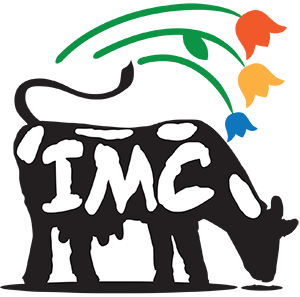Topics
Emphasis of the conference is on amateur work. The lecture and poster program features both contributions of beginning amateurs, experienced amateurs, but also contributions of top meteor experts in view of amateur work, in particular this year as the IMC is followed directly after by a conference for professionals, Meteoroids 2016, also in The Netherlands, and therefore attended by many professionals. Topics of this IMC include:
A - Meteor showers & sporadic background
- Results from visual, video, radio observations
- Distribution, activity of showers and background
- Analysis reports, results
- Discoveries of new showers
B - Fireballs, meteorite recovery
- Exceptional fireball reports
- Collecting observations from the public
- Camera networks
- Analysis reports, results
- Meteorite recoveries, search activities
C - Parent bodies, meteoroids, meteorites, planets and their relation
- Relation between parent bodies, meteoroids and meteorites
- Parent body dynamics & fragmentation
- Parent body observations
D - Numeric modeling
- Predictions of future meteor showers
- Algorithms, models, methods
- Testing of theoretical models
- Etc.
E - Atmospheric processes and phenomena
- Ablation processes
- Deceleration of meteors
- Dark flights
- Ionization of meteor trails,
- Meteors in atmospheres of other planets
- Etc.
F - Observing techniques
- Visual
- Video
- Photographic
- Spectroscopic
- Telescopic
- Radio
- Lunar
- Observing from space
- Very low frequency radio observation
- Etc.
G - Instruments, data pipelines, software
- Camera systems
- Lenses
- Spectroscopes
- Radio antennas, receivers
- (Automatic) reduction software
- (Image) acquisition software
- Orbit calculation algorithms
- Control electronics
H - Observing campaigns
- Reports
- Anecdotes
- Future plans
- Ideas
i - Miscellaneous
- Other meteor related topics not covered above
Scientific Organizing Committee (SOC)
- Jean-Louis Rault – IMO, chair
- Felix Bettonvil – Sterrewacht Leiden, Netherlands, program coordinator
- Paul Roggemans
- David Asher – Armagh Observatory, UK
- Juergen Rendtel – Leibniz-Institut für Astrophysik Potsdam (AIP), Germany
- Jeremie Vaubaillon - Observatoire de Paris IMCCE, France
